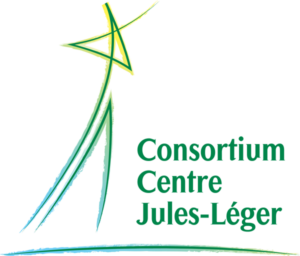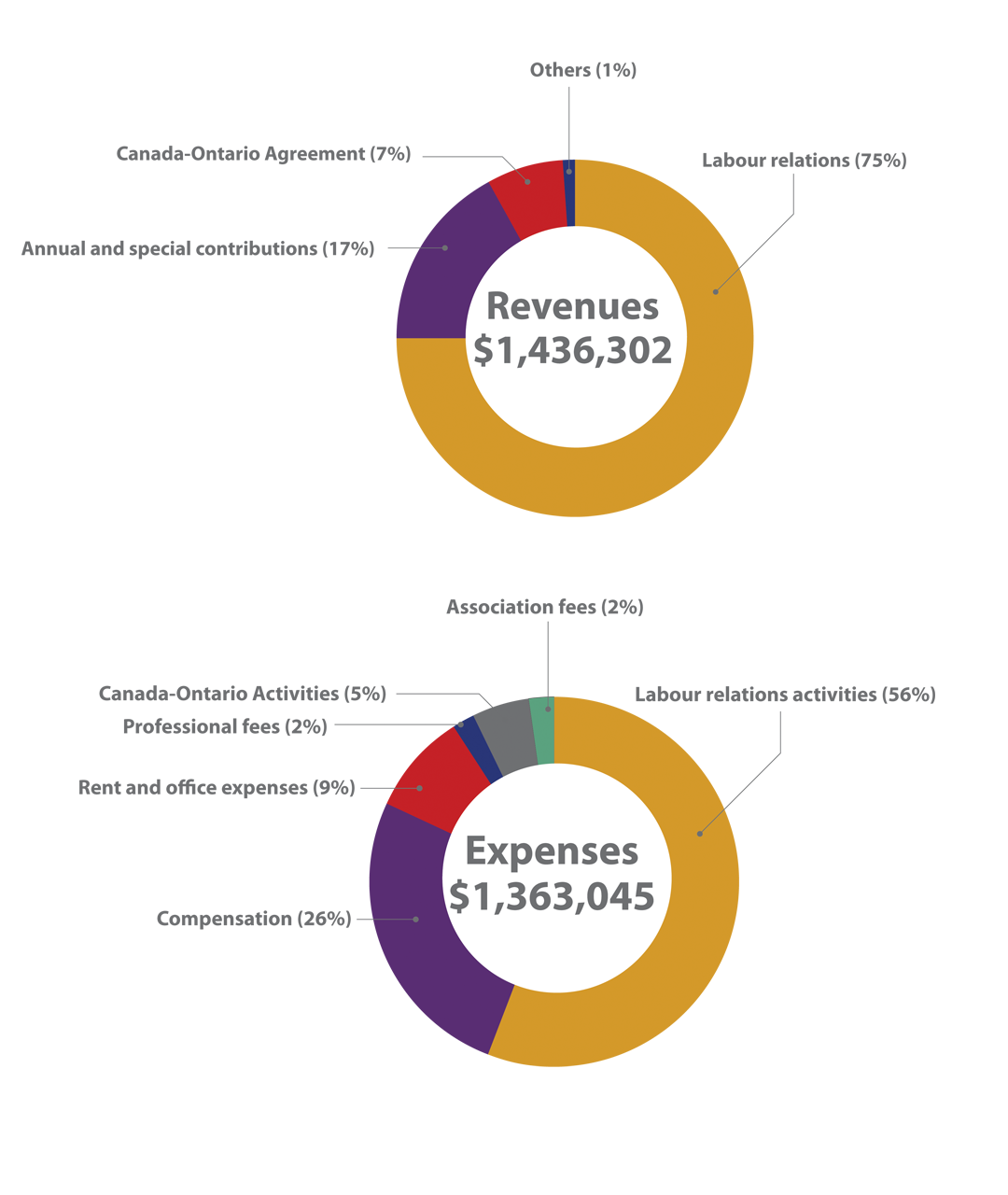2020 AnNual Report
1. An unparalleled commitment
The year 2020 will remain engraved in our collective memory for a long time. Although we are eager to emerge from this pandemic, it would be a mistake to remember this year as one of hardship and negativity. As President of ACÉPO, I can attest to the extraordinary response of Ontario’s four French-language public school boards to the tremendous challenge that the pandemic has represented and continues to represent.
From mid-March to the end of December, the trustees, directors of education, administrative teams and education teams of our four school boards worked tirelessly, openly, committedly, innovatively, patiently and, above all, wholeheartedly to implement everything necessary to ensure the best possible learning environment for their students, families, staff and communities. No effort was spared, despite the sometimes impossible conditions under which they had to work.
This year, I want to pay tribute to these women and men. I dare to hope that it is them and their unparalleled commitment to our children that we will remember as we look back on 2020.
Denis M. Chartrand, ACÉPO Chair
2. A pivotal year
In this challenging year, more than ever before, ACÉPO relied on collaboration with its school boards, key Ministry of Education stakeholders, and provincial and national education partners.

![]()
Teacher Shortage Task Force
As a member of the Teacher Shortage Task Force, ACÉPO was actively involved in the creation of the report that was submitted to the Minister of Education in December. The report includes 37 recommendations that offer possible solutions to reduce the growing pressure of teacher shortages on our French-language public schools. Among other things, ACÉPO recommended that the government form an implementation committee to ensure the effective implementation of the proposed measures. The sustainability of our French-language public education system is at stake.

![]()
COVID-19 – Collaboration with the Ministry of Education
Since March 2020, ACÉPO has been in constant communication with the Deputy Minister of Education, school boards, key education stakeholders and health experts for educational continuity. It has drawn attention to the particularities of French-language public school boards and the need to take into account their specificities before imposing measures for all. Among the results of these concerted efforts were increased flexibility in the return-to-work conditions for retired teachers and more equitable funding for all school boards for the implementation of virtual schools. In addition, ACÉPO was the first to respond and draw the attention of the entire province to the risks of changes related to the online courses included in the government’s omnibus project. The key to ACÉPO’s success is its collaborative and supportive approach, combined with constant vigilance and transparent communication.

![]()
Virtual Learning
ACÉPO demonstrated leadership at the provincial level by identifying in January the risks associated with the Ministry of Education’s new requirement for mandatory e-learning credits for secondary school learners. It has sought legal advice to strengthen its case for French-language education rights in this area. Among other things, ACÉPO was successful in securing an amount of money under the federal government’s Court Challenges Program, positioning French-language public education advantageously in this matter. Since July, ACÉPO and the Association franco-ontarienne des conseils scolaires catholiques (AFOCSC) have been working with TFO, the Ministry of Education and the Ministry of Francophone Affairs to try to come up with a possible model of collaboration.

![]()
Redeployment of school staff
In an attempt to support the collective effort to combat COVID-19, the government has asked school boards to develop and implement plans to redeploy their staff, on a voluntary basis, to support front-line workers in hospitals, long-term care centres, retirement homes, homeless shelters, shelters for abused women, etc. ACÉPO worked for several months, in collaboration with government and other school board associations, to plan the redeployment model that would meet the province’s front-line staffing needs in the context of COVID-19, while respecting the unique characteristics of the school sector.


Consortium Centre Jules-Léger, by and for Francophones
The historic transfer of the Centre Jules-Léger from the Ministry of Education to the Francophone community took place on August 17, 2020; this date will remain engraved in the collective Francophone memory. Centre Jules-Léger has a special place in Ontario’s French-language education system; its mandate and services are invaluable to Francophone students with special needs. ACÉPO would like to recognize the years of hard work, commitment and advocacy by all members of the Consortium Centre Jules-Léger, including representatives of the French-language public school boards, Jeannette Labrèche, Roda Muse, Pierre Lambert, Lucille Collard and François Guérin.
3. A strong vision
In 2020, ACÉPO asked itself what the future holds and what impact it hopes to have in the coming years. After extensive consultation with its partners and stakeholders, it has looked forward to the future with energy and confidence. From these reflections was born its new 2020-2025 strategic plan. Guided by the Theory of Change, it sets out the sequence of changes and interventions that must take place to ensure that students throughout Ontario have equitable and inclusive access to high-quality French-language public education.
2020-2025 Strategic Plan
Mission
A strong voice for the advancement of French-language public education in Ontario.
Vision
Students across Ontario have equitable and inclusive access to a high-quality French-language public education.
Values
• Leadership
• Inclusiveness
• Collaboration
• Equity
Priorities and Strategic Objectives

Represent school boards in labour relations
1. Act as a central bargaining agent
2. Optimize the labour relations mandate

Represent the common interests of French-language public education
1. Raise awareness among key stakeholders about French-language public education
2. Advocate for equity in French-language public education
3. Enhance the visibility of French-language public education

Develop sustainable strategic leadership
1. Maximize the impact of strategic partnerships
2. Build inclusive work and learning environments where everyone is valued and treated with respect and dignity
3. Consolidate expertise of the French-language public education system
4. Strengthen ACÉPO’s organizational and financial structure
5. Coordinate provincial actions based on priorities identified by school boards
4. Working Relationships: A Successful Collaboration
The year 2020 was also marked by intense activity in the area of labour relations. Once again, ACÉPO demonstrated its collaborative approach, its inclusive vision, and its ability to never lose sight of the sustainability of French-language education in Ontario, even in difficult times. As always, ACÉPO sought to reach win-win agreements that would allow public French-language schools to continue to provide high quality education to all students and satisfactory working conditions for school staff.
In partnership with other school board associations, government and unions, ACÉPO participated at three negotiating tables: the Association des enseignantes et des enseignants franco-ontariens (AEFO), the Education Workers’ Table of the Canadian Union of Public Employees (CUPE) and the Education Workers’ Table of the Ontario Secondary School Teachers’ Federation (OSSTF). The round of negotiations concluded in May 2020 with the ratification of winning central collective agreements for French-language public school boards and their employees. These central agreements, combined with local agreements, support the creation of school environments conducive to the development of each student’s full potential.
![]()
Examples of gains for the Canadian Union of Public Employees (CUPE)
• Expedited Mediation Pilot Project for Early Resolution of Grievances
• Continued funding for special education staff
![]()
Examples of gains for the Association des enseignantes et des enseignants franco-ontariens (AEFO)
• Maintaining class sizes in elementary school
• Harmonization of certain leaves for the four public school boards
• Establishment of a Teacher Shortage Task Force
![]()
Examples of gains for the Ontario Secondary SCchool Teachers’ Federation (OSSTF)
• Creation of a one-time training grant for early childhood educators
• Possibility for a board to require medical evidentce to access sick leave
5. Revenues and Expenses
The audited financial statements of ACÉPO reflect a true and fair view of the financial position of the association on August 31, 2020.

6. Accelerated growth
The French-language public education system in Ontario is by far the fastest growing system. With an 81% increase in students since their creation in 1998, enrolment in French-language public schools has grown at an average annual rate of 3.6% over the past five years. In 2020-2021, more than 35,000 students chose French-language public schools.
This success can be explained by the fact that our French-language public school boards perfectly meet the needs of a multicultural population living in a modern and democratic society. They offer their students a high-quality education focused on 21st century skills, providing the necessary support for their teaching staff and ensuring an inclusive and safe environment. Conseil des écoles publiques de l’Est de l’Ontario (CEPEO), Conseil scolaire public du Grand Nord de l’Ontario (CSPGNO), Conseil scolaire public du Nord-Est de l’Ontario (CSPNE) and Conseil scolaire Viamonde (CS Viamonde) aim to achieve excellence for their students and staff.
French-language public school boards enrolment


